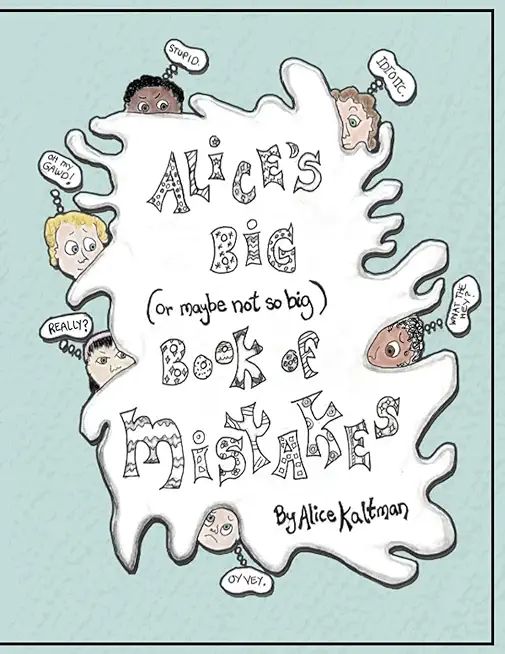
Sharone, Ofer
product information
description
ll American workers, even the highly educated and experienced, are vulnerable to the stigma of unemployment. After receiving a PhD in mathematics from MIT, Larry spent three decades working at prestigious companies in the tech industry. Initially he was not worried when he lost his job as part of a large layoff, but the prolonged unemployment that followed decimated his finances and nearly ended his marriage. Larry's story is not an anomaly. The majority of American workers experience unemployment, and millions get trapped in devastating long-term unemployment, including experienced workers with advanced degrees from top universities. How is it possible for even highly successful careers to suddenly go off the rails? In The Stigma Trap, Ofer Sharone explains how the stigma of unemployment can render past educational and professional achievements irrelevant, and how it leaves all American workers vulnerable to becoming trapped in unemployment. Drawing on interviews with unemployed workers, job recruiters, and career coaches, Sharone brings to light the subtle ways that stigmatization prevents even the most educated and experienced workers from gaining middle-class jobs. Stigma also means that an American worker risks more than financial calamity from a protracted period of unemployment. One's closest relationships and sense of self are also on the line. Eye-opening and clearly written, The Stigma Trap is essential reading for anyone who has experienced unemployment, has a family member or friend who is unemployed, or who wants to understand the forces that underlie the anxiety-filled lives of contemporary American workers. The book offers a unique approach to supporting unemployed jobseekers. At a broader level it exposes the precarious condition of American workers and sparks a conversation about much-needed policies to assure that we are not all one layoff away from being trapped by stigma.
member goods
No member items were found under this heading.
listens & views

JAMES COHEN & THE PRAIRIE ...
by COHEN,JAMES AND THE PRAIRIE ROOTS ROCKERS
COMPACT DISCout of stock
$19.99
Return Policy
All sales are final
Shipping
No special shipping considerations available.
Shipping fees determined at checkout.






